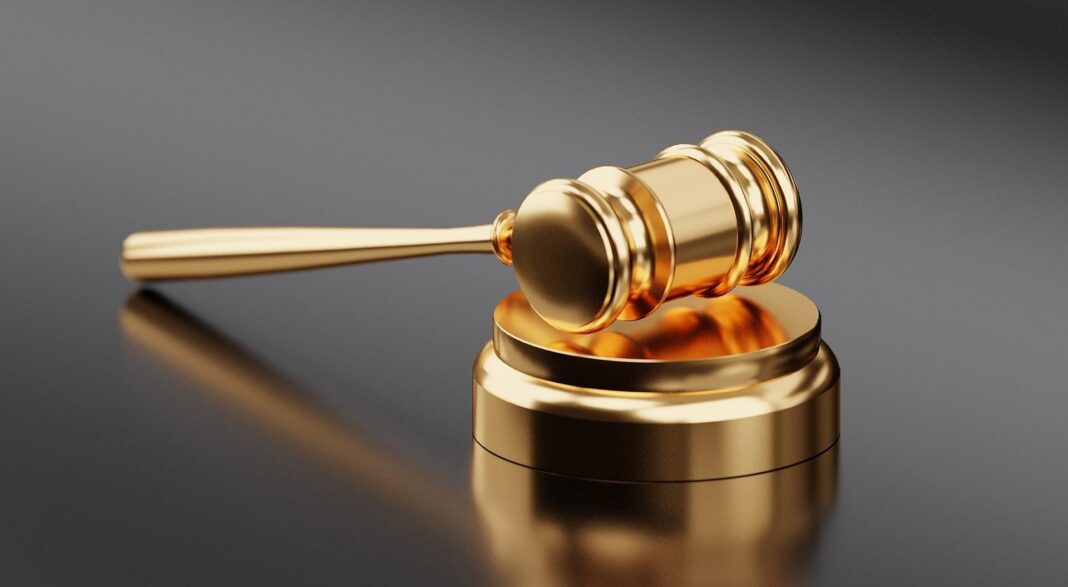One of the worst kept secrets in town is that just about any individual enjoying the patronage of the political system or basking in the glory of the bureaucracy of a district tries to coax the district judiciary to have his way with it. Recently, it came to the fore that the Superintendent of Police, Thiruvannamalai refused to comply with the directives of the Judicial Magistrate, Cheyyar. The court had ordered the arrest of an accused.
Even after many reminders, the officer did not execute it. The court finally was forced to initiate action against him. Now, probably for the first time, an incumbent Chief Justice of India has expressed his concern at the condition of the district judiciary.
Last week, while addressing a seminar, CJI D. Y. Chandrachud observed that judges at the grassroots level are reluctant in granting bail due to the fear of being targeted.
The CJI is absolutely correct. But his observation throws open the question in public domain for initiating a discourse as to why they are reluctant to take such decisions. What are the reasons and forces which prevent them from exercising their fundamental duties?It is really shocking that the golden rule of jurisprudence of bail — bail is the rule and jail an exception — has almost been reversed by the lower courts.
Legal experts feel this is because the magistrates and judges of lower courts fear criticism and rebuke. The recent syndrome of some political or religious activists coercing the police and the lower judiciary to get an innocent person punished for his upright stand, is an example of the judiciary failing to rebuff these forces. Ironically, these elements even force the police and the judiciary to charge these innocent social activists under the sedition law.
In recent years, the number of such cases has shot up to such an alarming rate that the Supreme Court had to put its foot down and warn everyone not to misuse the law. At the behest of these forces and groups, some victims were not even granted bail. Even otherwise, a large number of people are languishing in jails for years.
It is beyond comprehension why the accused person should have to wait for indefinite period to procure bail. The CJI said it was the responsibility of all decision-makers, not just judges, to ensure that the law did not become an instrument of oppression but remained an instrument of justice. But more significant than this was his remark that the district judiciary is hesitant about granting bail in heinous offences for fear of being targeted.
In the existing political and social backdrop, it is imperative to confront the issue to ensure that the lower judiciary is not rendered toothless and dysfunctional. Else, the situation will deteriorate beyond redemption. What prompted CJI Chandrachud to express his feelings on these two pertinent issues is not clear, but his second observation points to certain unethical and undemocratic activities taking place at the district level.
About his first reflection, there is no denying the fact that some powerful people close to the bureaucrats and politicians have long been using the law to victimise the poor and common man who have no proximity to the influential people. Eventually, they are penalised for the crimes they did not commit. It is not that the judges and the magistrates are not aware of such incidents.
They are abreast of these machinations but often feel helpless in delivering the justice. Virtually, justice is denied to the people who deserve it. The situation is further aggravated as they lack the security cover which they desperately need.
Many judges have compassion, sense of empathy and are sympathetic to the miseries of the citizens, but the inherent compulsions and political and social contradictions makes them hesitant to issue certain orders. There is also no denying the fact that district level judiciary still carries the legacy of the colonial practice of delivering a skewed justice. This is the primary reason that the the poor and those from the weaker sections have no faith in the lower level judiciary.
They have trust in High Courts and the Supreme Court. But their wretched economic condition prevents them from approaching them to get justice. It is imperative that the CJI takes the initiative to liberate the judiciary from the clutches of the feudal practices.
In the backdrop of the disintegrating social order and the feudal lords perpetrating the rule of political hegemony and exploitation, it is imperative that the higher judiciary should morally empower the judges and inject a sense of confidence in them. The CJI, incidentally, delivered judicious advice to the judges and legal fraternity: “When you have the ability to hear unheard voices in your system, (see) unseen faces in the system and then see where the balance between the law and justice lies then you can truly perform your mission as a judge. ”Undoubtedly, it would be the first step in the direction of getting the judicial system free from the feudal and patriarchal hegemony.
(IPA Service)Views are personal.
From: nationalheraldindia
URL: https://www.nationalheraldindia.com/opinion/its-imperative-to-ensure-that-lower-judiciary-carries-out-constitutional-mandate



